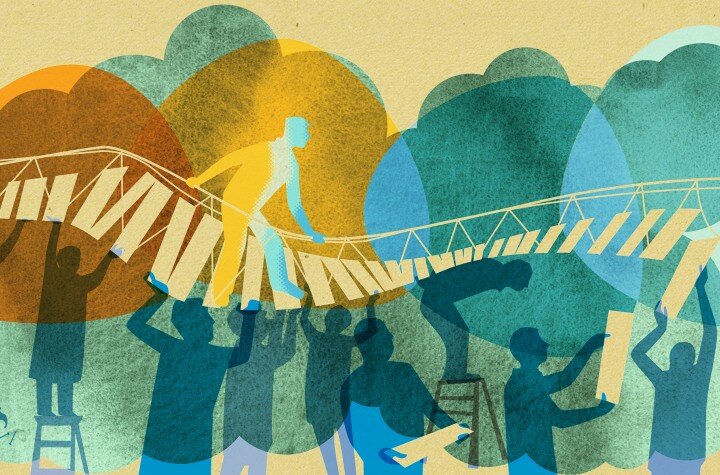
Mar 2015
Beware Inflated Praise
Adding the extra kind word to what you say when you see that people are not feeling good about themselves can sometimes have the opposite affect you intended.
An interesting study from Utrecht University* looked at how we give praise and the impact it has on people. Specifically, it looked at the tendency in adults to give inflated praise to children with low self-esteem. Apparently, about 25% of adults will automatically do this when faced with a child lacking self-esteem.
This is not just something that adults do with kids, either. Most of us, if faced with a colleague who is clearly not feeling good about themselves, will tend to change how we speak – the words we use – to try and help the other person feel better about themselves. And quite right, too, you may think. Except, there's a kicker here.
The researchers found that inflated praise – such as simply saying "that's incredibly beautiful", rather than just "that's beautiful", seemed to discourage children with low self-esteem from subsequently taking on challenges. (With children with high self-esteem it had the opposite effect – it seemed to encourage them).
Why inflated praise has this negative effect on children with low self-esteem isn't clear. The researchers suggest that it may be because it inadvertently sets a high bar for children, that they don't believe they can achieve again going forwards, and so they avoid future challenges. But the researchers acknowledge that this is essentially just a hypothesis, and for the moment we don't know the why of it.
Moreover, what is useful about this research is not the why, but the what. It is the reminder that it is an almost natural impulse to adapt our language to soften our words and inflate our praise when we are with people who are clearly not feeling good about themselves. And it is the fascinating finding that inflating praise in this way can have a completely unintended consequence that is the exact opposite of what you were hoping for. Yes this research was on kids, but I'd bet the findings with adults would be very similar, if not identical.
So, be nice. Give praise. After all, it's cheap and probably the single most effective motivator available in the managerial toolkit. But don't go over the top and beware inflated praise.
* Brummelman, E., Thomaes, S., Orobio de Castro, B., Overbeek, G., & Bushman, B. (2014). "That's Not Just Beautiful--That's Incredibly Beautiful!": The Adverse Impact of Inflated Praise on Children With Low Self-Esteem. Psychological Science, 25 (3), 728-735